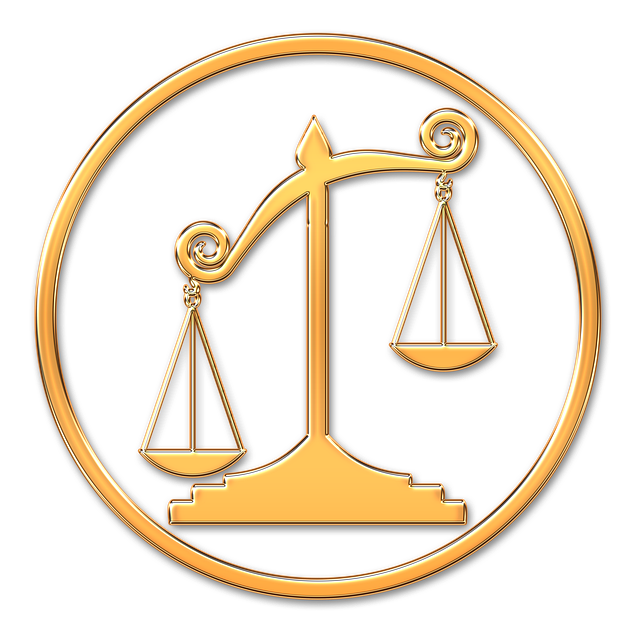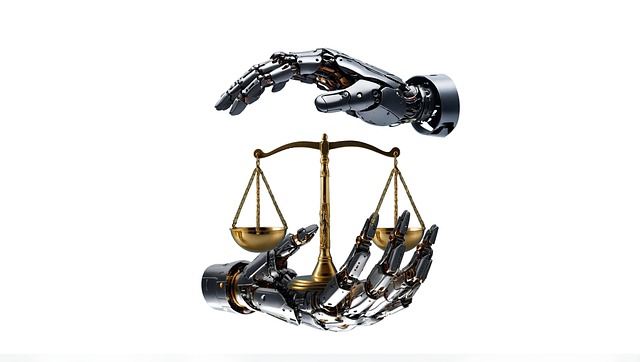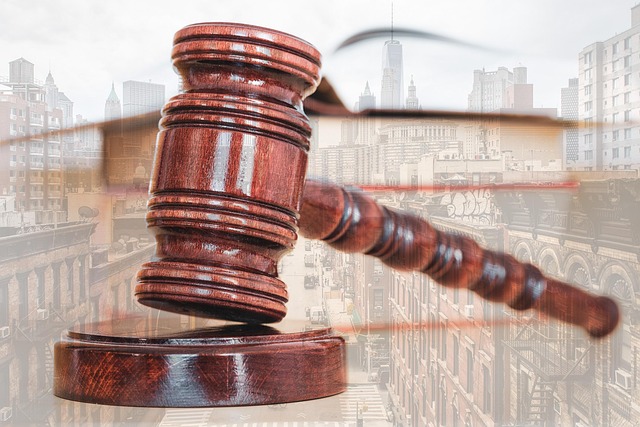The Recent Changes in Securities Regulation Laws have significantly impacted investigations at the C-level, driving a surge in compliance and internal investigation efforts. These changes enhance investor protection through increased transparency and accountability, presenting substantial challenges for businesses dealing with nationwide clients. Law firms specializing in securities litigation guide executives through this complex landscape, ensuring compliance and mitigating risks. Companies are proactively conducting internal investigations, implementing robust compliance programs, and fostering ethical conduct to navigate stricter regulatory frameworks. Key focus areas include adapting to new legal frameworks, enhancing internal controls, promoting a culture of ethics, leveraging advanced data analytics, and achieving robust risk mitigation to prevail in legal challenges.
In recent years, the securities landscape has undergone significant transformations with new regulations entering into force. These changes have led to a surge in C-level investigations as organizations strive to ensure compliance. This article explores the impact of these recent shifts in securities regulation laws and delves into why C-level investigations are now more prevalent. We examine key focus areas for compliance officers, effective internal investigation strategies, and best practices for the future.
- Understanding the Impact of Recent Securities Regulation Changes
- Why C-Level Investigations are Now More Prevalent
- Key Areas of Focus for Compliance Officers in Light of New Laws
- Strategies for Effective Internal Investigations Amidst Regulatory Shifts
- The Future of C-Level Investigations: Preparedness and Best Practices
Understanding the Impact of Recent Securities Regulation Changes

The recent changes in securities regulation laws have brought about a new era for investigations at the C-level. With stricter guidelines and enhanced oversight, companies and their leaders must now navigate a more complex legal landscape. These modifications aim to protect investors by increasing transparency and accountability, but they also present significant challenges for businesses, particularly when dealing with corporate and individual clients across the country.
Understanding these changes is crucial for fostering successful strategies. Law firms specializing in securities litigation are equipped to guide executives through this intricate process, offering expertise in navigating regulatory hurdles and achieving winning challenging defense verdicts. As the legal landscape continues to evolve, staying informed about these developments is essential for maintaining compliance and mitigating potential risks.
Why C-Level Investigations are Now More Prevalent

In recent years, there’s been a notable surge in C-Level investigations, driven primarily by evolving securities regulation laws and an increased focus on corporate accountability. The changes in regulatory frameworks have become more stringent, demanding higher standards of transparency and compliance from top-level executives. This shift is particularly evident in the realm of white collar defense and economic crimes, where legal implications can be severe for individuals and organizations alike. As a result, companies are now more proactive in conducting internal investigations to mitigate potential risks and ensure regulatory adherence.
The prevalence of C-Level investigations reflects a broader trend towards accountability and ethical conduct within corporate structures. With complex business operations spanning diverse jurisdictions, executives face heightened scrutiny regarding their decision-making processes and financial reporting. This has prompted many organizations to implement robust compliance programs and internal controls as a proactive measure against potential white collar and economic crimes. Such actions not only protect the interests of his clients but also foster a culture of integrity and transparency at the highest levels of corporate leadership.
Key Areas of Focus for Compliance Officers in Light of New Laws

With recent changes in securities regulation laws, compliance officers have seen a significant shift in their key areas of focus. The evolving regulatory landscape demands a thorough understanding of new guidelines and their implications for respective businesses. Key areas of emphasis include strengthening internal controls, enhancing risk management strategies, and ensuring robust data governance practices. Compliance professionals must stay agile to interpret these changes accurately, thereby fostering an environment that avoids indictment while upholding the integrity of financial markets.
An unprecedented track record of enforcement actions underscores the importance of proactive compliance measures. Officers are now expected to implement dynamic monitoring systems, foster a culture of ethical conduct, and maintain meticulous records. By prioritizing these aspects, they can navigate the complex regulatory terrain effectively, ensuring their respective businesses remain compliant and mitigate potential risks.
Strategies for Effective Internal Investigations Amidst Regulatory Shifts

In recent years, the regulatory landscape for businesses has undergone significant shifts, particularly in securities laws. These changes necessitate a reevaluation of strategies for effective internal investigations to ensure compliance and mitigate risks. One key aspect is adapting to evolving legal frameworks, such as those targeting white-collar and economic crimes, which require sophisticated approaches to uncover and prevent malicious activities within organizations.
To stay ahead, companies should focus on proactive measures, enhancing their internal controls, and training employees to recognize potential red flags. Moreover, fostering a culture of ethics and integrity encourages employees to report suspicious activities without fear of retaliation. This, coupled with efficient data analytics tools, enables investigators to sift through vast information quickly. By integrating these strategies, corporate and individual clients can not only navigate regulatory shifts but also win challenging defense verdicts, ensuring their resilience in an ever-changing legal environment.
The Future of C-Level Investigations: Preparedness and Best Practices

With recent changes in securities regulation laws, C-Level investigations are entering a new phase. Companies must be prepared to navigate increasingly stringent compliance requirements and public scrutiny. The future of these inquiries lies in proactive measures and best practices that ensure transparency and accountability at the highest levels. By adopting robust internal controls, comprehensive risk assessment strategies, and advanced data analytics, businesses can fortify their defenses against potential breaches.
This shift in focus from reactive to proactive investigation methods is crucial. It not only helps in mitigating financial losses but also fosters a culture of ethical conduct within the respective business. Engaging with both philanthropic and political communities can further enhance these efforts by promoting regulatory adherence as a shared societal responsibility. Ultimately, these changes prepare companies to tackle high-stakes cases head-on, ensuring their survival and integrity in an ever-evolving legal landscape.
In light of the Recent Changes in Securities Regulation Laws, C-level investigations have become an indispensable tool for organizations to ensure compliance and maintain integrity. As regulatory landscapes evolve, so must the strategies employed by compliance officers. By focusing on key areas such as enhanced transparency, risk assessment, and robust internal controls, businesses can proactively navigate these shifts. Embracing best practices for effective internal investigations ensures preparedness against potential misconduct, fostering a culture of accountability and trust. The future of C-level investigations lies in staying ahead of regulatory trends, leveraging technology, and promoting ethical conduct at all levels.






